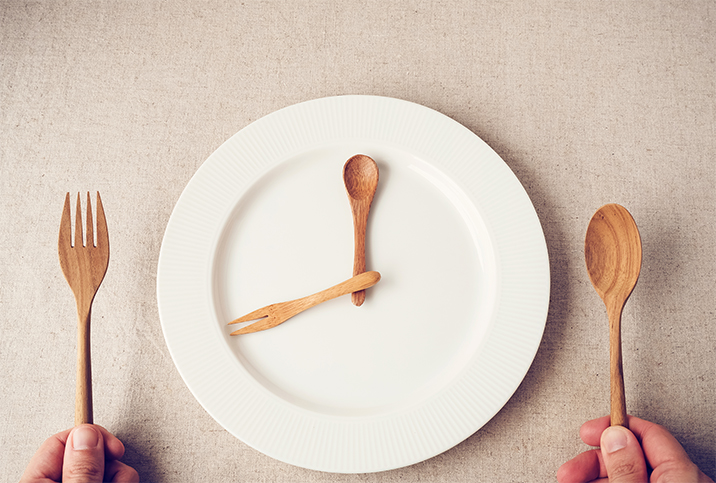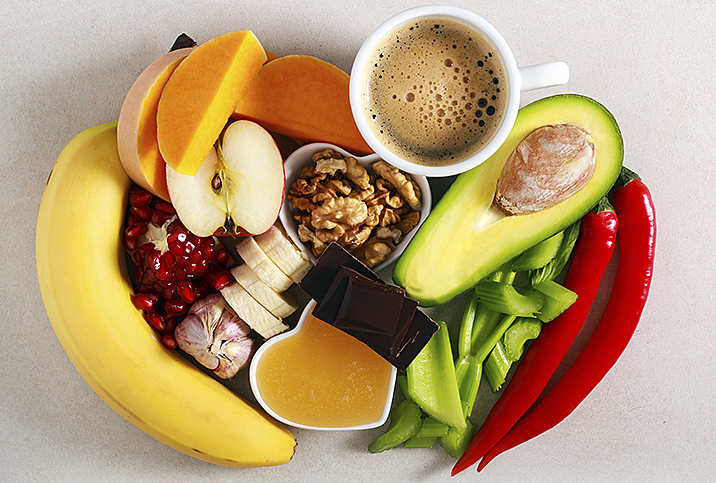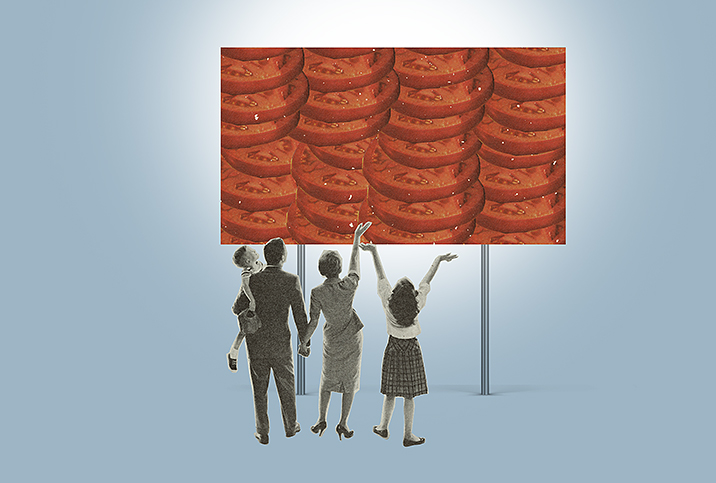The Latest Science on Fasting and How It Applies to You

Fasting isn't new in the slightest, but it's certainly seen a recent uptick in popularity. The word sounds extreme, but there's more to unpack with this dieting trend than meets the eye.
When most people use the word "fast," they are referring to what's known as a water fast, in which you can drink water but must abstain from food and all other beverages. Dry fasting omits both water and food. However, dry fasting can be dangerous and is generally not recommended for better health.
Why fast?
People choose to fast for various reasons, such as religious fasts—practiced by Christians during Lent or Muslims during Ramadan—which are intended to serve as a lesson in self-discipline, an act of repentance or a method of cleansing. There are rules with religious fasting. For most Christians, fasting involves avoiding specific foods, such as meat, alcohol, sugar or oil. During Ramadan, Muslims refrain from eating and drinking completely during the daylight hours. Other behaviors, like sexual activity or smoking, may also be prohibited during periods of religious fasting.
Aside from religion, fasting is most often an approach to weight loss, cognitive enhancement or disease prevention and treatment. Fasts often range in duration. Intermittent fasting (also called time-restricted eating) limits food intake to a specified window of time each day. Longer fasts can last for several days, weeks or, in more extreme cases, months.
Research on fasting benefits
When we fast, our bodies use up the glucose stores in our bodies first. Glycogen in our liver is broken down into sugar molecules that fuel our brain and organ systems. Once glycogen stores are depleted, our body begins converting fat into an energy source called ketones. When ketones become our primary fuel, we are said to be in a state of nutritional ketosis.
Fasting has been shown to produce several benefits, including:
- Autophagy, a self-cleaning process where the body gets rid of damaged (and potentially cancerous) cells.
- Better appetite control during weight loss.
- Enhanced concentration and focus.
- Greater longevity.
- Increased insulin sensitivity (important for PCOS and prediabetes).
- Lower blood pressure.
- Reduced inflammation.
Nutritional ketosis is sometimes confused with a dangerous condition called ketoacidosis. However, these are two different situations. Ketoacidosis is a complication of diabetes, usually seen in undiagnosed or undertreated type I diabetes.
Dangers and contraindications
Both religious and scientific communities recognize fasting is not for everyone. Shorter-term fasts are less risky, and most people do fine with intermittent fasting. However, people who are pregnant, nursing or taking medications for certain health conditions should refrain from fasting. In addition, if you have a history of disordered eating, fasting can be a trigger for unhealthy behaviors.
Although fasting is often promoted to improve health conditions like diabetes, anyone on insulin or blood pressure medicine should talk to their doctor before experimenting with fasting.
How to fast successfully
If you don't fall into the categories described above and want to give fasting a try, intermittent fasting is a good place to start. Formulate a simple eating schedule that works with your lifestyle by extending your overnight fast.
Some people prefer to delay breakfast, while others set an eating cutoff time earlier in the evening. A commonly recommended schedule is called 16:8, which signifies 16 hours of fasting and eight hours of eating. An example of 16:8 would be delaying the first meal of the day until 10 a.m. and finishing the last meal of the day by 6 p.m. Once you gain some experience with intermittent fasting, you can consider trying a longer-duration fast.
Staying hydrated by drinking plenty of water is crucial while fasting. Although not necessarily required for shorter fasts, some adverse effects of fasting can be reduced with added electrolytes.
You may want to avoid strenuous physical activity (particularly when you're new to fasting), but walking or light exercise may be beneficial. The most important thing to do while fasting is to listen to your body. If you feel unwell at any point during your experiment, have a small snack, rest and get on with your day. Fasting is a tool meant to benefit you. You should always feel free to break your fast early when needed.


















